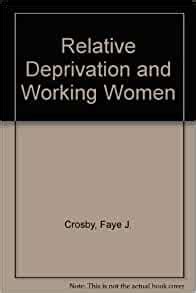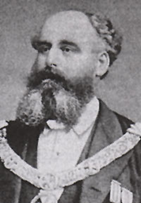A Quote by Baruch Spinoza
Surely human affairs would be far happier if the power in men to be silent were the same as that to speak. But experience more than sufficiently teaches that men govern nothing with more difficulty than their tongues.
Related Quotes
When men and women across the country reported how happy they felt, researchers found that jugglers were happier than others. By and large, the more roles, the greater the happiness. Parents were happier than nonparents, and workers were happier than nonworkers. Married people were much happier than unmarried people. Married people were generally at the top of the emotional totem pole.
If men were angels, no government would be necessary. If angels were to govern men, neither external nor internal controls on government would be necessary. In framing a government which is to be administered by men over men, the great difficulty lies in this: you must first enable the government to control the governed; and in the next place oblige it to control itself. A dependence on the people is, no doubt, the primary control on the government; but experience has taught mankind the necessity of auxiliary precautions.
Without any extraordinary effort of genius, I have discovered that nature was the same three thousand years ago as at present; that men were but men then as well as now; that modes and customs vary often, but that human nature is always the same. And I can no more suppose, that men were better, braver, or wiser, fifteen hundred or three thousand years ago, than I can suppose that the animals or vegetables were better than they are now.
It is necessary to guard ourselves from thinking that the practice of the scientific method enlarges the powers of the human mind. Nothing is more flatly contradicted by experience than the belief that a man distinguished in one or even more departments of science, is more likely to think sensibly about ordinary affairs than anyone else.
O, but they say, the tongues of dying men enforce attention, like deep harmony: where words are scarce, they are seldom spent in vain: for they breathe truth, that breathe their words in pain. he, that no more must say, is listened more than they whom youth and ease have taught to gloze; more are men's ends marked, than their lives before: the setting sun, and music at the close, as the last taste of sweets, is sweetest last; writ in rememberance more than things long past






































